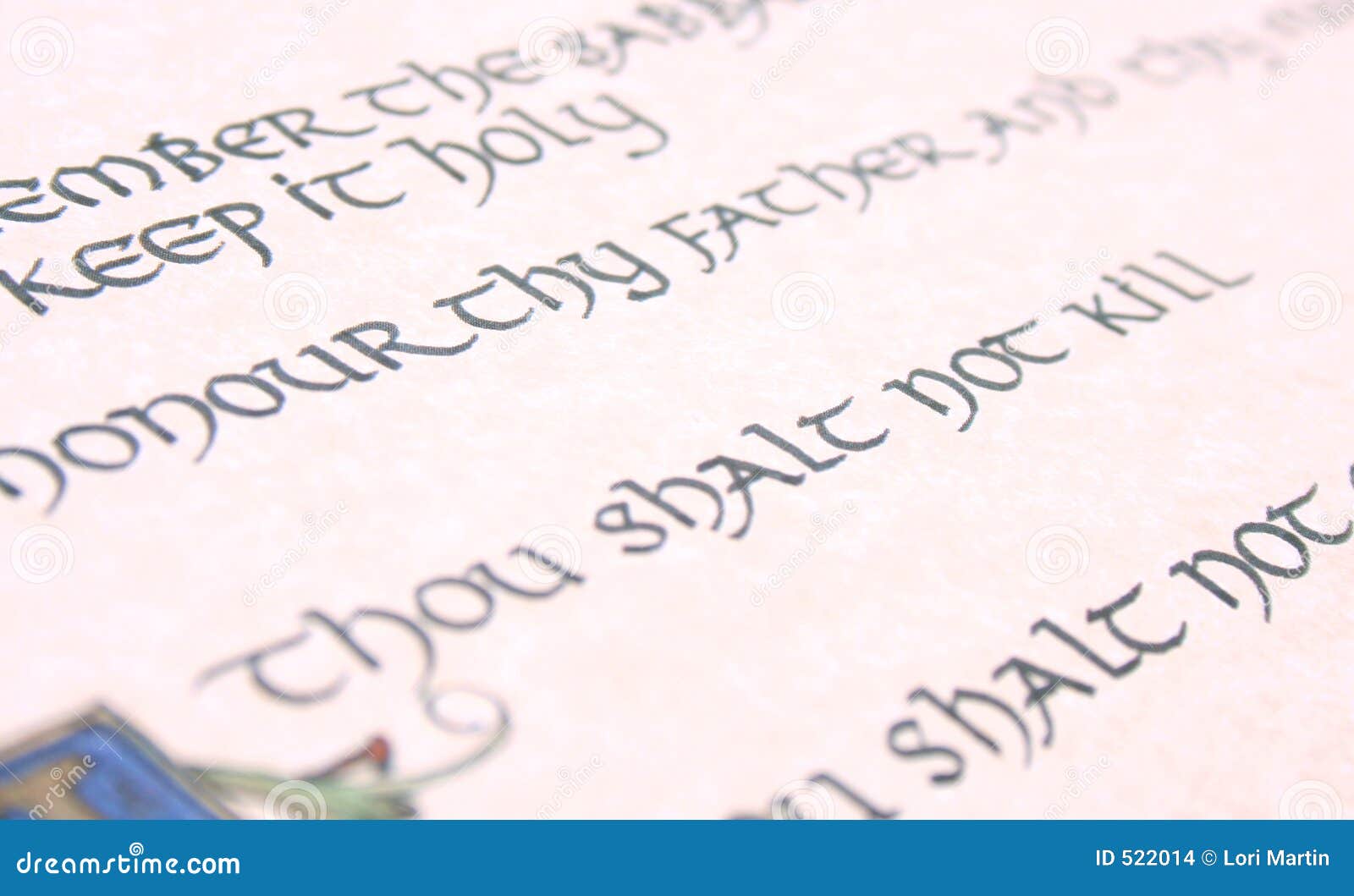

To feel with Lady Macbeth that “a little water” of repentant tears “clears us of this deed” is to be sadly self-deceived. To truly understand the folly of past actions is good if it helps us avoid such actions in the future. There can be no canceling of the law simply because we say, think, or hope we are sorry for our sins. The Ten Commandments are a practical guide for those of us who would live in intelligent conformity with the law that exactly what we sow we shall indeed reap (Galatians 6:7). For that is the bottom line of the whole matter–the regaining of Life. Again we must remember the prior statement: We should look upon any commandment given by God or the Masters of spiritual life as being prefaced with the unspoken words: if you would live. The Ten Commandments do not make us abject slaves of a peevish and whimsical God, as some have mistakenly supposed, but rather they place our spiritual destiny directly into our own hands–the only hands that can accomplish our salvation (Philippians 2:12). The acts which the Commandments enjoin are processes that will facilitate our eventual union with God, and those they prohibit are those which will prevent that union and increase our estrangement from the divine Source. But since we are really gods and not mortals, our perspective should be that of the questing spirit rather than that of egoic impulse. Nobody particularly likes being told what to do, but even more we dislike being told what not do–that is just human nature. With this Commandment we are coming to the lengthy section of Do Nots in the Commandments.

Chapter Seven of the Gnosis of the Ten Commandments and the Beatitudes


 0 kommentar(er)
0 kommentar(er)
